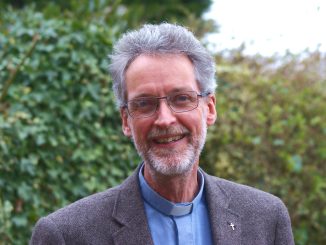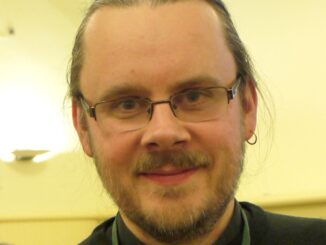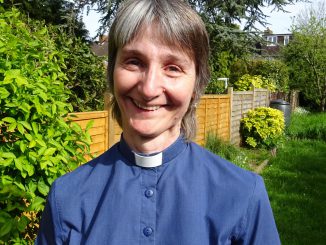
IN AN EARLY episode of Grange Hill, (a BBC children’s programme from the early 1980s), something that’s always stuck with me…
Girl 1: “I can’t come to the party on Sunday, I’ve got to go to church.”
Girl 2: “Church?” (with an expression saying clearly: Church? Surely not? In this day and age!)
Girl 1: “Yeah, I know!” (with a roll of the eyes) as if to say ‘My parents are so uncool!’
Forty years later, what has changed? Obviously the chances of any teenager being in church at all are much reduced. Although I suspect those teens who do regularly go to church today go to rather more upbeat events than Girl 1 had to attend. The assumption in this brief moment in Grange Hill was that it was an old-fashioned, traditional church that she attends with her parents. Phil Redmond, the Grange Hill screenwriter, probably hadn’t heard of the house church movement!
A couple of weeks ago The Times had the headline: ‘Britain is no longer a Christian country, say frontline clergy’. Firstly we should note this refers to only a small number of frontline clergy. 5000 were invited to respond but only 1,200 did so. And only the opinions of those under 70 were analysed, (769), which is less than 4% of active Church of England clergy. You might also wonder if the self-selection of the few who did respond might skew the results. For example, if you’re busy running a thriving parish perhaps you’re less likely to take the time to fill in a survey… In short, pinches of salt are called for.
However, no-one will dispute that churchgoing is in decline in the UK, indeed in the entire western world. This is a big, complex topic, to do with long-term, large-scale changes in society. (Although it’s not as gloomy as people might think. Young people today are generally open to things ‘spiritual’.)
My daughter’s ballet class has just relocated to Gosbrook Road Methodist Church hall. While they were waiting, some of the girls were looking through the glass doors into the beautiful worship area and saying they would like to visit it. At the same time it seemed assumed that this was a place for ‘other people’.
It got me wondering. Why doesn’t everyone go to church? We are used to the fact that church appeals to only a tiny fraction of the population. Everyone knows that there are these eccentric few people who go to church and that most people do not.
But, although we are used to it, to church people it still feels wrong. We don’t just accept it. We think that there should be thousands of people cramming into Caversham’s churches every Sunday with standing room only. Of course there are convinced atheists and adherents of other faiths. Fine. But the vast majority of our population are neither of these. They are just not in the habit of going to church, even though church (if you’re doing it right) is life-giving and used to be the foundation of our society. It feels good when there’s 60 people in church rather than the usual 50 or so. But really there should be many hundreds in each of our wonderful and varied Caversham churches!
I wonder whether people would be surprised to hear this is what we church people think, and that we do not accept church is for a few people ‘who like that kind of thing’.
Rev Nigel Jones is Vicar at
St Andrew’s Church, Albert Road



